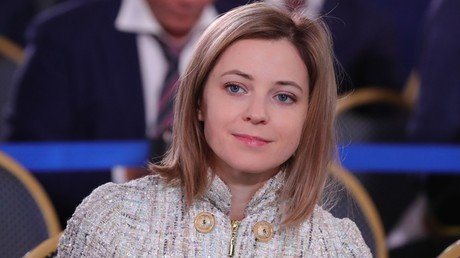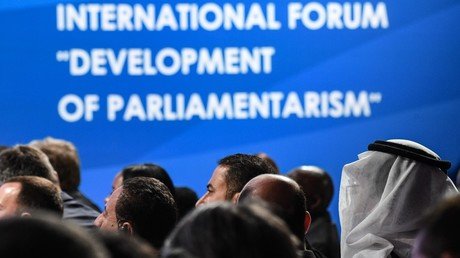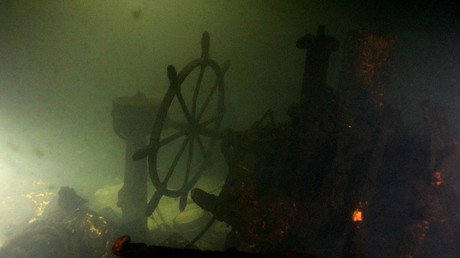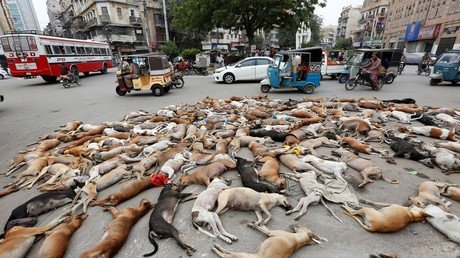Sanctions only unite Crimeans before the face of foreign aggression, Russian lawmaker claims
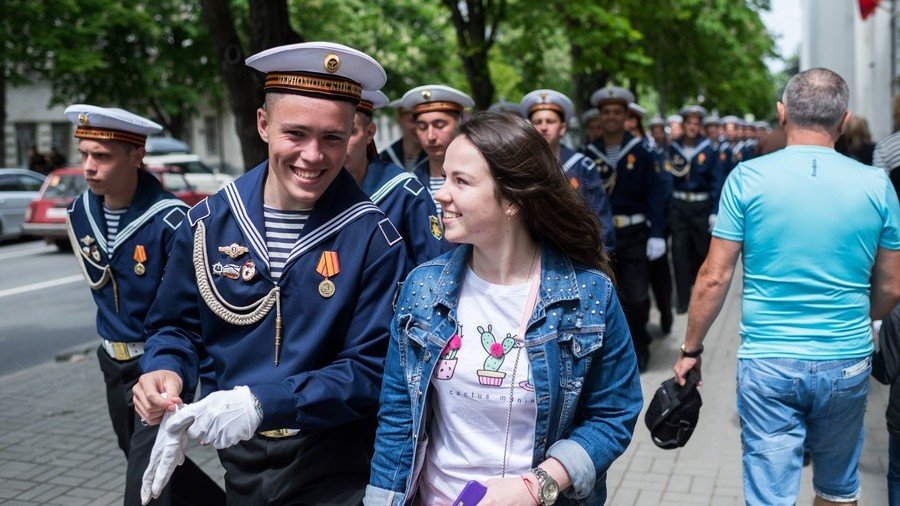
The tightening of anti-Russian sanctions will only boost the popularity of patriotic ideology while the new generation will grow up knowing that the West cannot be trusted, says a Crimean deputy of the State Duma.
“The economy of Crimea and Sevastopol along with the views of the residents of these regions have already adjusted to the life under sanctions. As of today, the sanctions have become one of the ideologies that unite the people of Crimea and Sevastopol in the face of aggressive external forces,” MP Dmitry Belik said in comments with TASS.
“The longer the West sticks to its so-called “sanctions policy” the stronger would be the solidarity of the local people and the ideological policy in the whole Russian Federation. If they are using sanctions against us this means that any sort of armistice is out of the question and the new generation of Russians would know that there are no friends among western politicians. They make rather mediocre allies as well,” the lawmaker noted.
Belik’s comment came after on Monday the European Union decided to extend its anti-Russian sanctions for another year. The sanctions are now set to run until June 23, 2019, and apply to EU citizens and companies. The measures ban the import of products from Crimea and Sevastopol, halt any European investment or real estate purchases and prevent cruise ships from stopping there. The sanctions also ban the export of some goods and technologies that could be used for transport, telecommunications or in the energy sector – particularly oil, gas or mineral exploration.
Another State Duma deputy and former deputy chairman of the Crimean government, Ruslan Balbek, has ruled out any “sanctions race” between Russia and the West.
“Crimeans see it as a stated fact that the “sanctions vehicle of the West” has had the brake pedal broken. This vehicle’s passengers have attempted to break with their feet a few times, but with no result. However, sooner or later this juggernaut has got to stop somewhere. And it better be a speed breaker not a concrete wall. Knowing that it is better to keep clear of dangerous vehicles we will not compete with them, we will just step aside and wait,” Balbek noted in comments with TASS.
A public opinion poll conducted in mid-May this year by the independent Russian public opinion research center, Levada, showed that 42 percent of Russians were not overly concerned with the issue of foreign sanctions (33 percent of Russians said that they experienced no such problems at all and 45 percent answered that they had acknowledged minor problems after the sanctions were imposed, but described them as not serious). Only three percent of Russians said that Western economic and political pressure had caused serious problems for them and their families.
Still, 54 percent of Russians say that, in their opinion, their country must repair ties with Western nations and 28 percent think that Russia should put additional distance between itself and the West.
Think your friends would be interested? Share this story!
